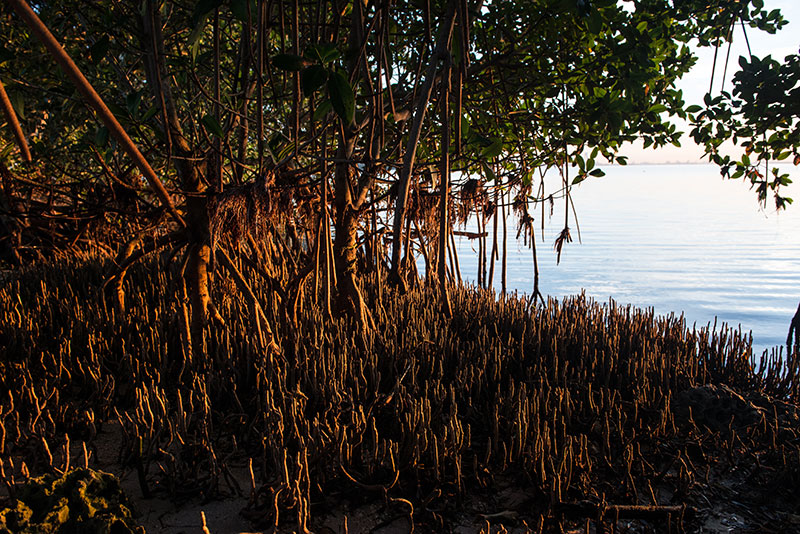Approach 5: Expand and Protect Green and Blue Spaces
Land use programs and policies in Miami-Dade County that maintain healthy natural resources help address climate change. Miami-Dade County’s land and marine ecosystems can absorb and store carbon dioxide, and can also reduce other types of pollution.
Coastal habitats absorb carbon at a rate 10 times greater than mature tropical forests. They also store three to five times more carbon per equivalent area than tropical forests. While agriculture does not maintain ecosystems in their natural state, regenerative agricultural practices can be utilized to enhance carbon storage in the soil, and expanding the tree canopy increases shade and cooling, which reduces urban heat.

Metrics:
- % tree canopy coverage
- Surface water pollutant loads
- Natural habitat acres preserved (wetland and non-wetland)
Contact Us

Environmental Resources Management
Loren Parra
Overtown Transit Village North
701 NW 1st Court,
Miami, FL 33136
311
